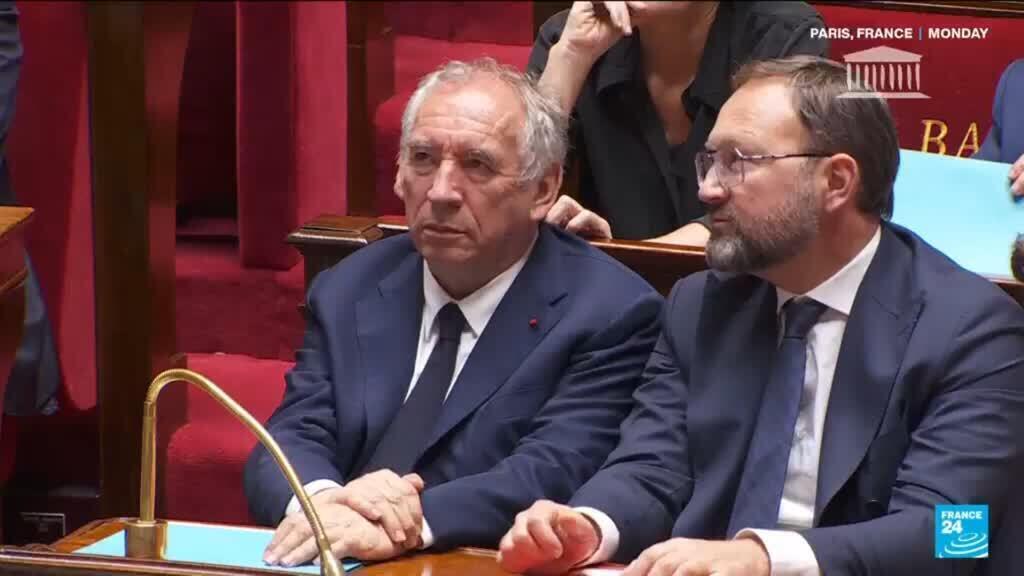Political Turmoil in France: Prime Minister Bayrou Resigns
In a dramatic and unprecedented twist in French politics, Prime Minister François Bayrou has resigned following a crushing defeat in a no-confidence vote he called himself. This political self-destruction has not only marked a significant moment in Bayrou's career but has also sent shockwaves through the political center of France, exposing the fragility of the current administration and deepening the ongoing crisis surrounding President Emmanuel Macron. The resignation signifies a critical juncture as Macron now faces the daunting task of appointing his seventh prime minister, underscoring an alarming trend of instability and dysfunction within the Fifth Republic.
This latest development has raised concerns about the viability of Macron's leadership and the trajectory of his presidency. Once considered a reformist leader with a strong grip on power, Macron now finds his political ambitions at a crossroads. The no-confidence vote, which saw Bayrou's support evaporate amid increasing dissatisfaction, is symptomatic of broader issues facing the ruling party. These dynamics are indicative of a fractured political landscape where Macron's chances of implementing his agenda appear increasingly uncertain.
To gain further insights into this tumultuous political environment, Eve Irvine has engaged Olivier Guyottot, a researcher and professor of policy at INSEEC Grande École Bordeaux. Guyottot offers a deeper analysis of what this resignation means for both the immediate future of French politics and for Macron himself. He reflects on the implications of appointing a seventh prime minister, a task that comes with heightened expectations and minimal room for errors.
Guyottot emphasizes that the resignation is not merely a personal failure for Bayrou but reflects a larger narrative of unease within Macron's government. The loss of confidence in the prime ministerial role indicates a growing disillusionment among the electorate and party members alike. With political support waning, Guyottot cautions that Macron’s ability to lead effectively is at risk, and he must navigate the complexities of coalition-building and restoring faith in his leadership.
In light of these developments, the political environment in France appears ripe for further upheaval. Opposition parties are poised to capitalize on the government's weaknesses, while Macron’s party struggles to maintain cohesion. As the appointment of a new prime minister approaches, questions arise about the direction in which France will head. Will this new leader be able to rally support and effectively implement policies, or will they also succumb to the mounting pressures that have led to Bayrou’s downfall?
In conclusion, the resignation of François Bayrou marks a significant moment in French politics, reflecting deep-seated challenges for President Macron's administration. The political center's unraveling raises critical questions about leadership, accountability, and the future of governance in France, highlighting the need for strategic maneuvering in an increasingly volatile political landscape.
```











